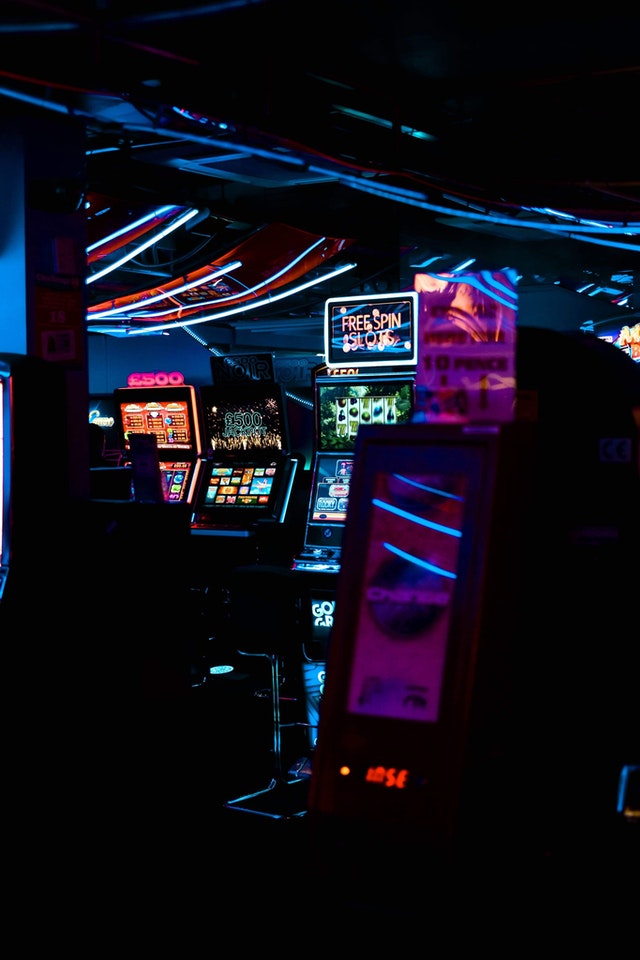With the emerging trend and popularity of the online gambling industry, is the traditional casino losing its market in the long run? Well, this is a question that has occurred at least once in the minds of avid and recreational gamblers. Both casino formats have a lot to offer in general: games like Roulette, Craps, and blackjack are common to both, but different on many accounts.

Undoubtedly, the Covid-19 Era of 2020 has led to an increase in online gambling due to the inaccessibility of brick and mortar casinos. To those still sitting on the fence with regards to online vs traditional casinos, we intend to look into the main differences and pros and cons of each.
Many of the differences between the two lie in their functionality, player experience, accessibility, variety, user-friendliness and the bonuses offered to players.
Here are some of the differences between traditional and online casinos:

● Traditional casinos are spatial gambling facilities usually targeted to tourists and tourist attractions, such as hotels, resorts, cruises, or malls. These types of casinos frequently host an entertainment segment during gambling hours for the people present there. On the other hand, online or virtual casinos are not physical but are internet-based entities. The online playing experience allows players to bet online from any place on the globe, but lacks the pleasure of watching live performances while gambling at the same time.

● Land-based casinos offer a limited variety of games, though they allow ample chances to socialize and gather experience. The ambiance sets half of the mood for gambling. Yet in an online casino you can bet and play hands from the comfort of your own home, on your couch, in your favorite pajamas (and in Covid-19 times- during lockdown and isolation). You do not have to be physically present in a brick and mortar casino room to gamble.
● There are age restrictions on entering a traditional casino, which makes it an adults-only zone. Players above the age of 18-21 are allowed to play and this law is easier to enforce. On the contrary, age is not a hindrance while registering and participating in online gambling.

● Time plays a significant role in casinos, as in a traditional one, the speed of players and the actions vary, leading to either a fast-paced game or a slow-paced one. Players have to wait their turn and for a vacant seat. In an online gambling game, the pace of the game depends primarily on the player. Similarly, you do not have to wait for vacant seats to play your turn in the game. This fact makes online gambling especially profitable for online casino owners.
● The payment method used is another huge difference when it comes to traditional vs online casinos. In a land-based casino, you have the liberty of carrying the amount with you, convert it into chips inside, and again convert it to your currency once you decide you are done for the day. However, in an online gamble, you have to deposit through a credit card, bitcoin, or an e-wallet such as PayPal. Deposit options and gambling currencies are limited in internet-based casinos.

● The Player experience: In a traditional land-based casino such as Crown Casino in Australia or Westgate Las Vegas, you are given unique treatments with waiters and waitresses moving around at your service, not to mention the free food and drinks. Online casino players miss out on such treatment during their gameplay. There are no free food and drinks and no one at your service except chat-bots to address your concerns.
With the differences mentioned above, it is evident that land-based and online casinos both have their pros and cons. While one is entertaining for some, the other is comforting for others. The bottom line: If what’s driving you to play is the external entertainment and socializing, then you may not give up so quickly on your land-based casino gambling experience. What’s certain is: during the global pandemic of 2020, many players will discover the benefits gambling in online casinos from the comfort of their own homes, even if they hadn’t before.










